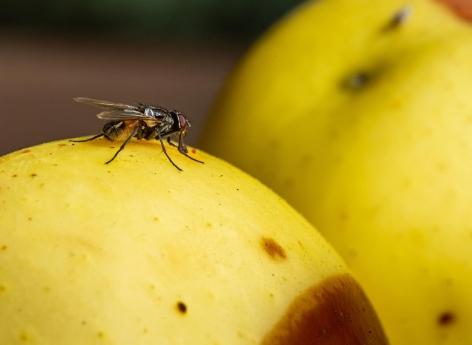
A Cdk8 gene found in fruit flies could help circumvent a defect found in cells carrying a mutation that causes hereditary Parkinson's disease.
“In familial Parkinson’s disease, one of the main problems is a mutation in a gene that causes mitochondrial dysfunction, which can make cells sick or die. This contributes to much of the cognitive loss and other symptoms of this neurodegenerative disease.” This is what was reported Esther VerheyenProfessor of Molecular Biology and Biochemistry at Simon Fraser University (Canada). She and her team recently identified a gene in fruit flies that can reverse the symptoms of Parkinson's disease.
75% of human disease genes have equivalents in fruit flies
To make this discovery, the researchers conducted a study published in the journal Nature CommunicationsThe latter often conduct experiments on fruit flies, specifically fruit flies, because approximately 75% of human disease genes have equivalents in these insects. This allows them to take advantage of genetic tractability to understand protein function in many developmental contexts. “Inside a fruit fly, the cells look and work the same way as ours. Their cells and organs really work the same way. (…) They have a nervous system, a digestive system, muscles, and many other similar organs,” Esther Verheyen said.
Increasing the amount of the gene Cdk8 to fight Parkinson's disease
As part of their work, they discovered the gene Cdk8, which “It is the ortholog of vertebrate CDK8 and CDK19.” According to the data, loss of Cdk8 in neurons severely reduces the lifespan of flies and causes sensitivity to trauma. “We discovered that the Cdk8 gene in fruit flies can bypass the defect found in cells carrying a mutation that causes familial Parkinson’s disease. This function involves helping cells clear out defective mitochondria, a function that is impaired in the disease,” said Dr. K. We introduced more of the fly Cdk8 gene or the human CDK19 gene into the cells and were able to make them healthy again. The authors concluded.






